In the past decades, and various fields of knowledge such as philosophy, politics, activism, sciences and technology, “autonomy” has gained new meanings, from self-organized life practices to programmed autonomous systems. At the same time, the traditional concept of autonomy in the arts – in its specific Dutch and continental European meaning – has become problematic: among others, through critical revisions of Western enlightenment, romanticist and modernist aesthetics, through multidiscipinary arts practices, and through cultural globalisation.
In close collaboration with WdKA’s Autonomous Practices interfaculty study programme, we explore these newer concepts and practices in workshops, symposia, study groups, publications and practice-oriented research projects. The focus of our research is on contemporary self-organized collectives that work on the boundaries of (and in grey areas between) art, design, research, activism and other fields of experimentation and engagement, locally as well as internationally. We are paying particular attention to non-Western practices.
Our research programme is part of larger developments and debates in the contemporary arts (as manifest, among others, in documenta fifteen 2022 which was curated by the Indonesian ruangrupa collective and whose programme focused on commons and multidisciplinary collectives).
Our long-term goal is to help making these new, implicit concepts of autonomy more explicit, like on this map:
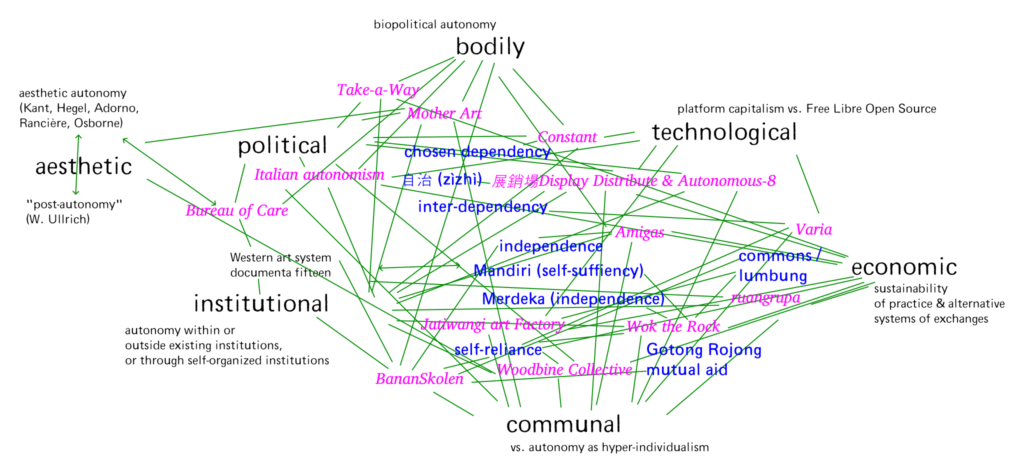
This map was made in our ongoing, multi-year research project Autonomy Lab which was funded by Dutch Research Council (NWO) in 2021/22. We also were part of the NWO-funded research project Making Matters (2018-2022) on new, collective material practices in the arts.
(For the self-description of the WdKA Autonomous Practices study curriculum, click here.)
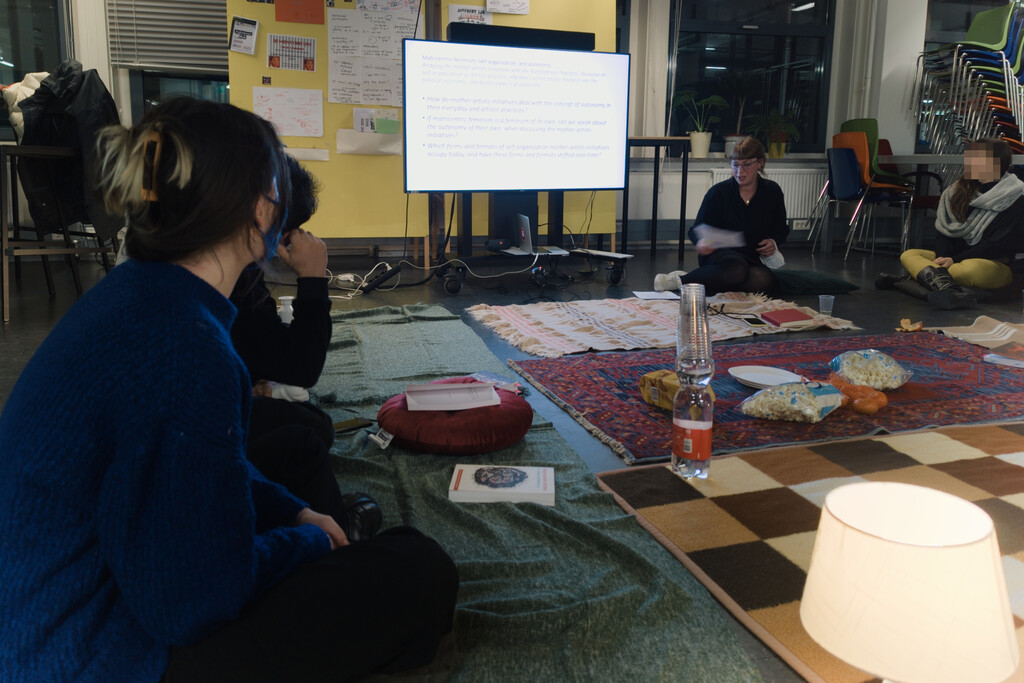 “>
“>
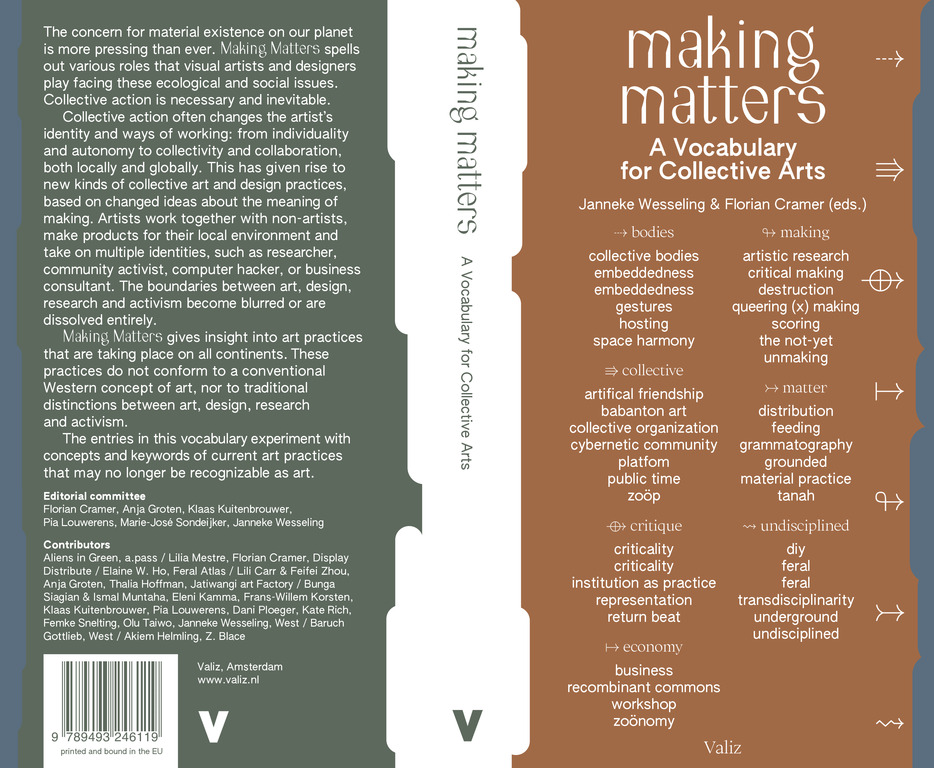 “>
“>
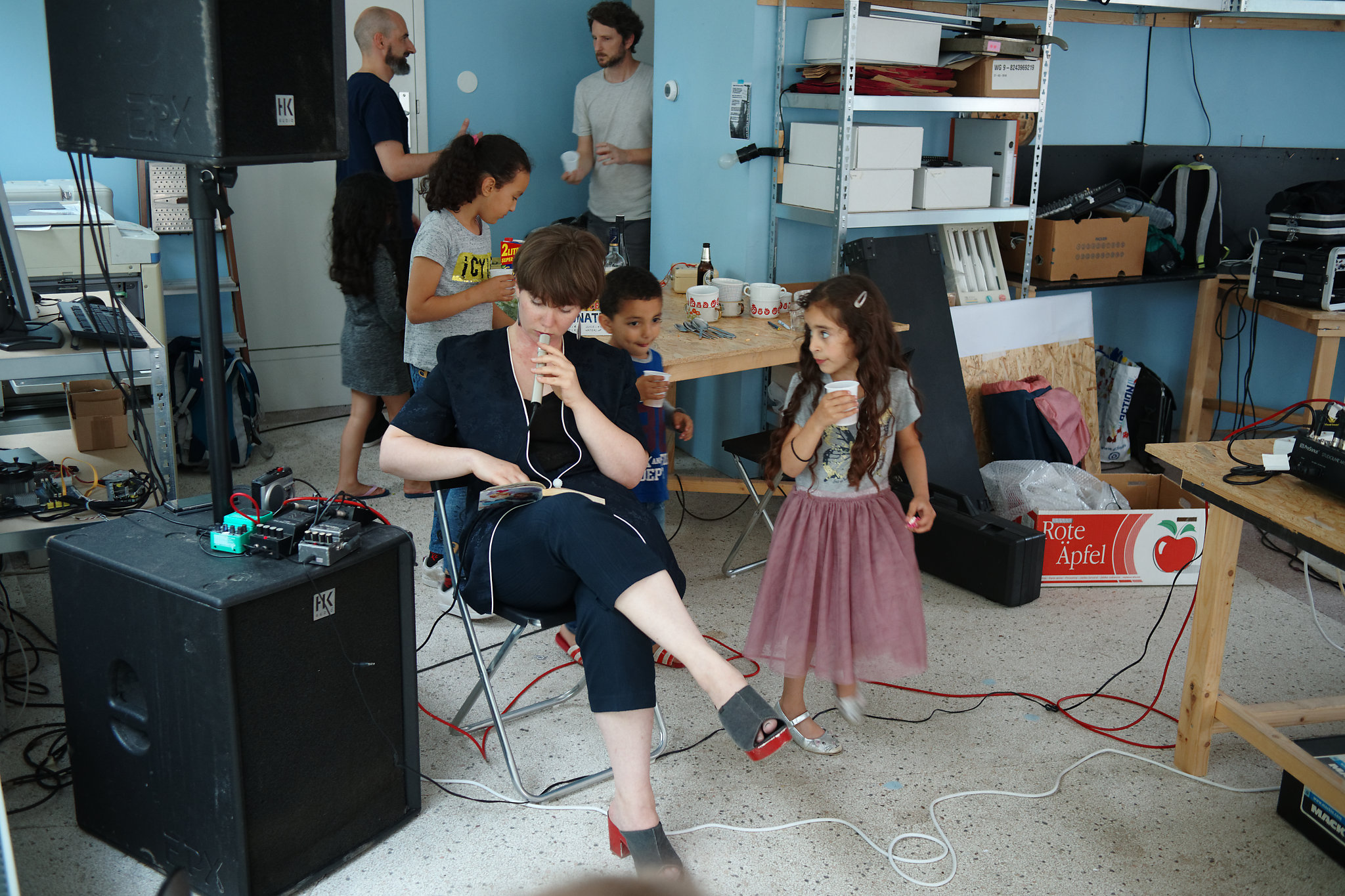
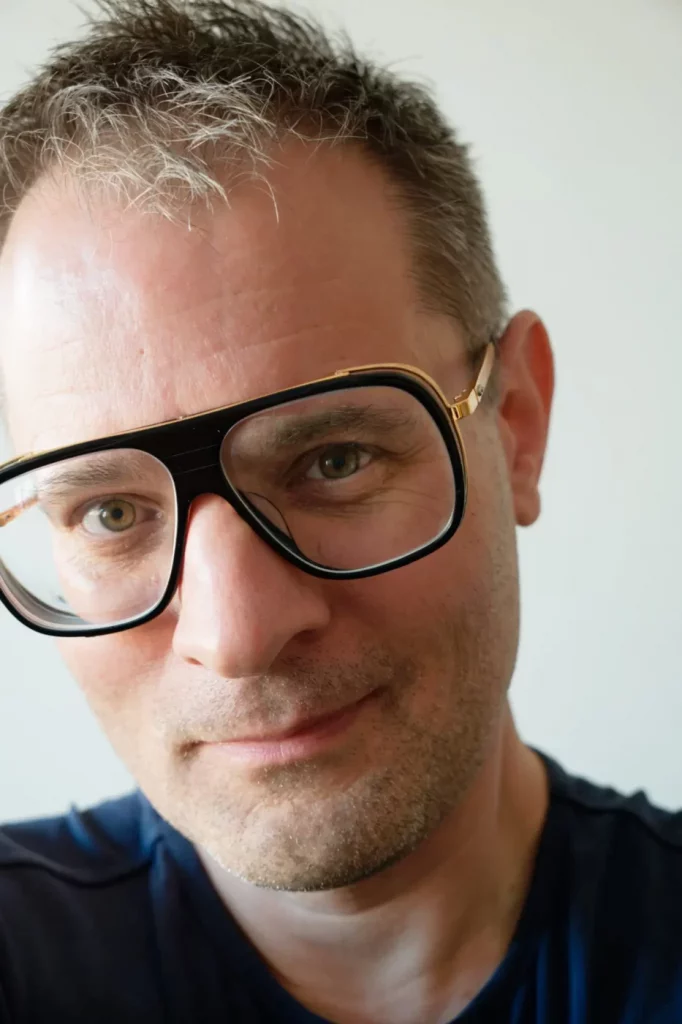 “>
“>
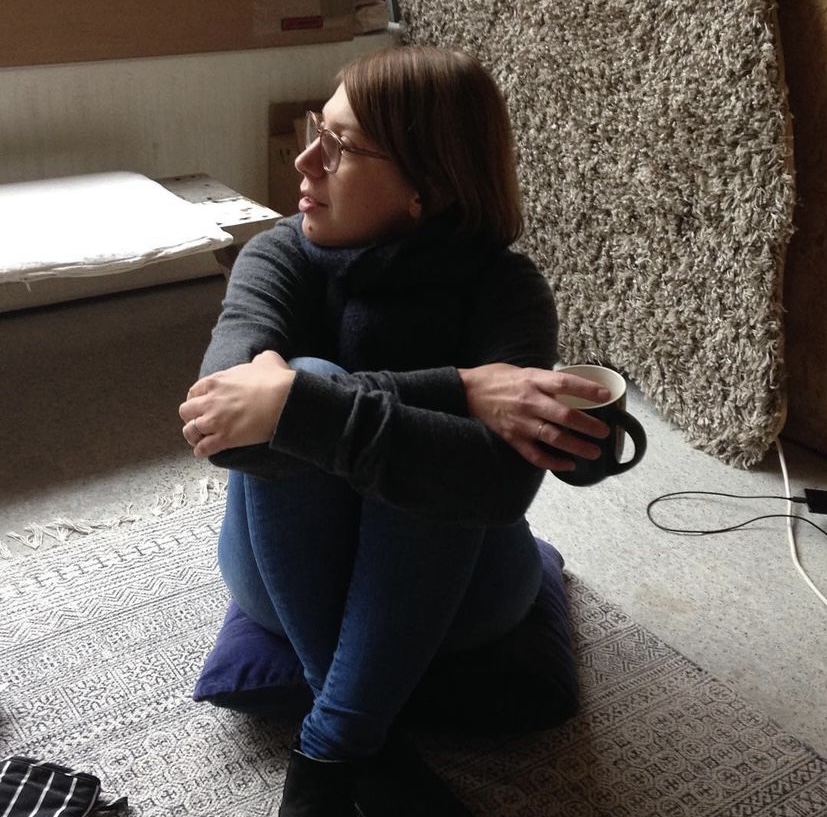 “>
“>
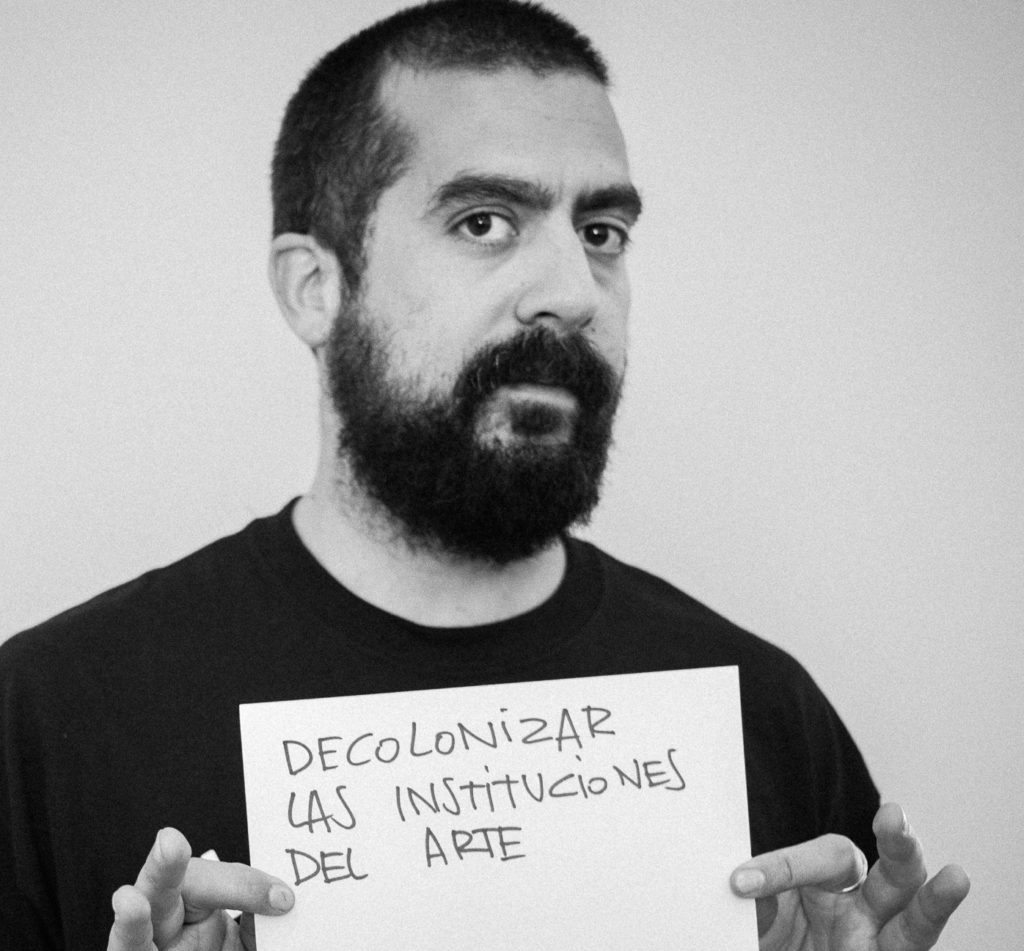 “>
“>
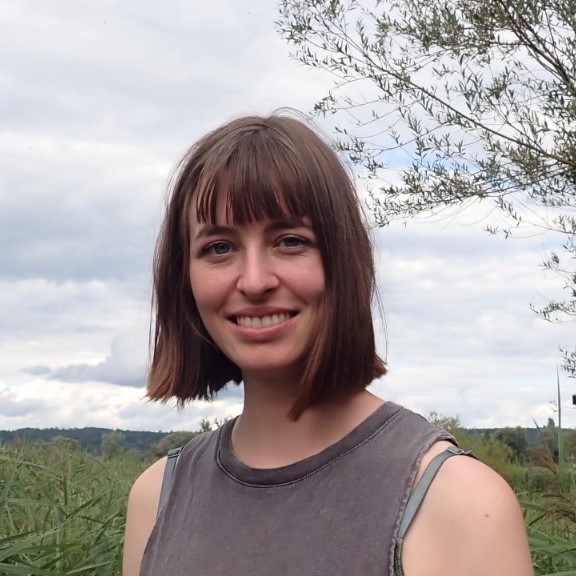 “>
“>
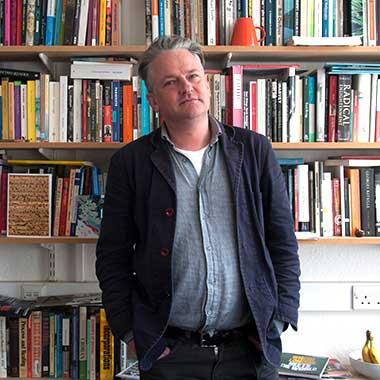 “>
“>
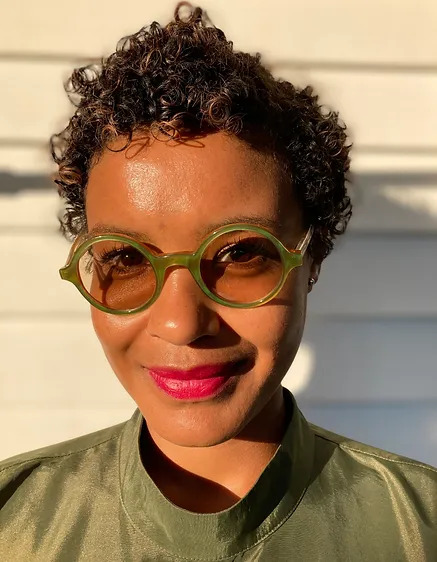 “>
“>